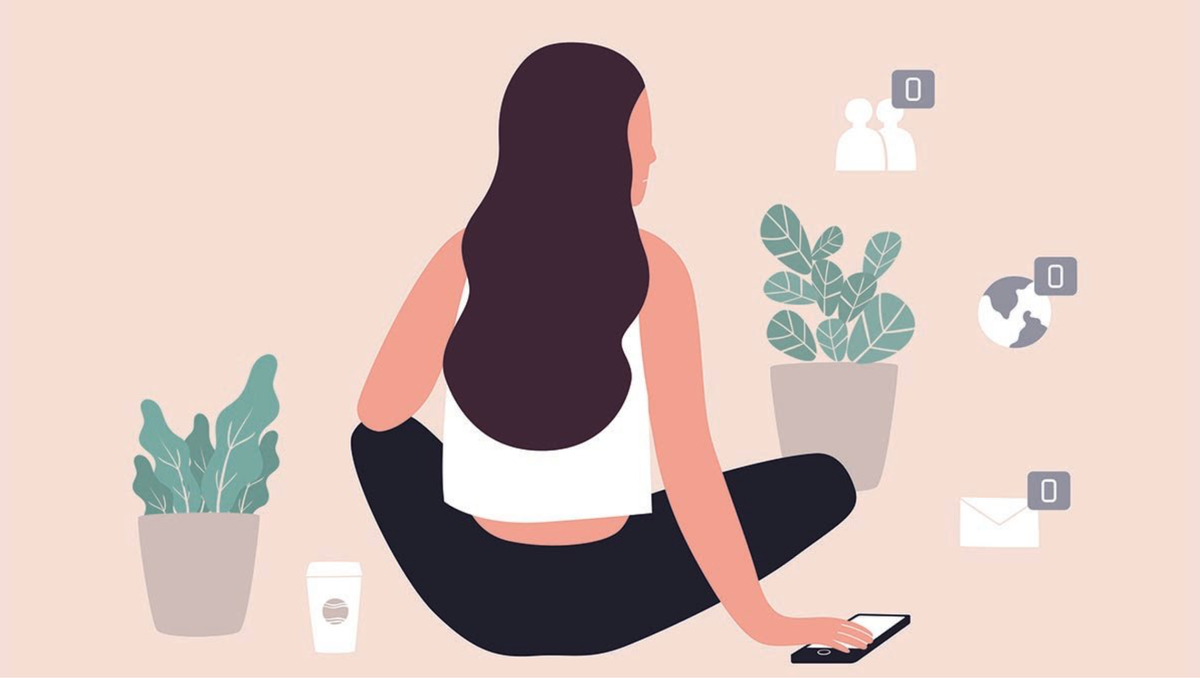Why does social media make some people lonely?

Is social media a great way of staying in contact with friends and family or an addictive platform that leaves people feeling less connected and more isolated?
It's a debate I had over the weekend with a few friends. Some argued that when people are far away, social media is the perfect tool for sharing what they are up to simply. The other side of the argument said that social media draws people into a false sense of connection with others, when in reality, it's just a popularity contest that leaves the overwhelming majority on the losing side. But which is right?
Well, it turns out, they both are.
Before I start it's worth pointing out that social media nudges and prods us in different ways. Most notably, our political beliefs. But for today's newsletter, I'm just focusing on loneliness. If you'd like me to jump into how social media changes us in other ways, let me know!
The loneliness epidemic 🦠
While all eyes have been on the cost of living crisis, there has been a quieter, but no less devastating health crisis taking place. According to statistics from the British Red Cross, it found more than nine million people in the UK across all adult ages – more than the population of London – are either always or often lonely.
Loneliness, according to research, is as bad for your health as smoking 15 cigarettes a day, and worse for your health than obesity.
But what does that have to do with social media? A number of things. As loneliness has increased, so has the number of people using social media.
Now, we all know that correlation does not mean causation - if you don't check out the bizarre and brilliant link between the number of films Nicolas Cage stars in and how many people drown in swimming pools - but there is something happening in society that has been accelerated this year: We are becoming more physically isolated.
As COVID has kept us indoors, so our reliance on digital networks has gone up. Does that mean we're all now more lonely? Not quite.
What's going on here? 🧐
Social media can make us feel more connected and more isolated. What researchers have found is social media helps socially active people be more social, whereas it has the opposite effect on people who aren't natural social butterflies.
Psychologist Robert Weiss has a neat way of summing up what's going on. He says there's a difference between “social loneliness” – a lack of contact with others – and “emotional loneliness”, which can persist regardless of how many “connections” you have, especially if they do not provide support, affirm identity and create feelings of belonging.
In essence, without close, physical connections, shallow virtual friendships do little to alleviate emotional loneliness.
Heavy social media users - who don't offset that with contact in IRL - have found to experience increased loneliness. The reason is because online spaces reward posts that focus on performance, status, and exaggerating favourable qualities (such as by posting only “happy” content and likes).
Social media is a tool 🔨
On the other hand, social media, and this includes video conferencing, plays a vital role in helping us stay connected with friends over long distances, and organise catch-ups. Video conferencing has been the lynchpin that has allowed businesses, and friends to say in touch.
Platforms like Facebook and Instagram can be used to engage with new people who may turn into real friends later on. Similarly, sites like Meetup can help us find local groups of people whose interests and activities align with our own. And while face-to-face contact remains the best way to help reduce loneliness, help can sometimes be found through online support groups.
So where does that leave us in the debate? Social media should be best regarded as a tool that should work for us, not the other way round. It's a great way to reach out, but we shouldn't expect a news feed or a series on instagram posts to help us feel comforted and connected with others.
Ok, where can I learn more? 📚
- A brilliant resource exploring the importance of social connections and how they shape who we are.
- One of my favourite channels Kurzgesagt explores loneliness and why it was so important for our ancestors' survival.
- Loneliness: Human Nature and the Need for Social Connection - I've recommended this book before but it's a brilliant exploration into how we're wired for connection.





